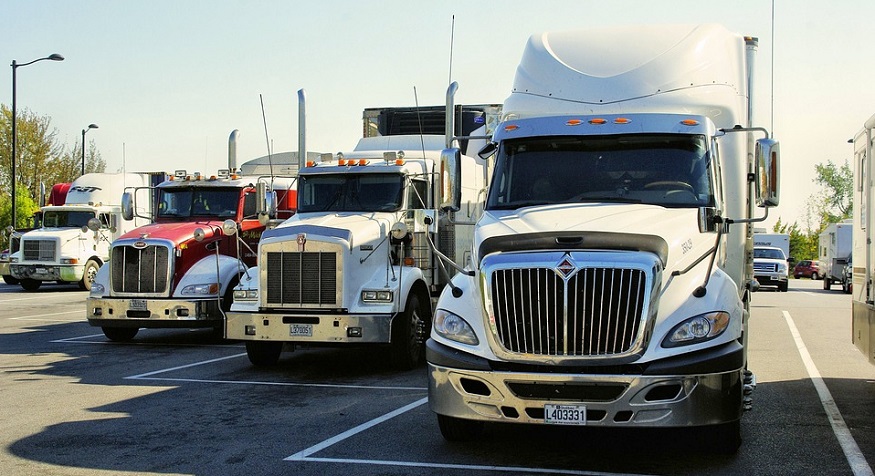
Renewable energy projects take a substantial hit from frustrated American landowners
March 11, 2020Solar and wind farms require considerable space, but rural communities are fighting back.
As popular as renewable energy projects may be in terms of what they represent and the money being invested into them, there are a number of factors creating hurdles for their implementation. Among them is the land requirement for many types of zero-emission power generation.
Many projects across New England are popular in theory but need land that owners aren’t willing to give.
A recent Gallup poll cited by the New York Post showed that 73 percent of people in the United States would like to increase power generated through renewable energy projects such as wind and solar. However, across the Northeast, rising local opposition is making it very difficult to obtain the necessary land to use these energy generating methods at a reasonable capacity. Moreover, conflicts in land use are also holding back high-voltage power transmission projects.
Cambria, New York rejected a 100-megawatt solar project proposal in May 2019. The reason was that the town’s zoning laws would be violated by its requirements. Duanesburg, another town in upstate NY recently imposed a half-year new solar project moratorium.
As the months pass, the number of renewable energy projects struggling to find homes is growing.
The New Hampshire Supreme Court unanimously voted to uphold the NH rejection of the Northern Pass transmission line proposal in July 2019. That line would have run 192 miles, bringing hydropower from Canada into New England.
At the start of 2020, Dairy Air Wind’s backer – the last remaining Vermont wind energy development – announced its withdrawal from the facility, which would have housed a single turbine. The reason it gave for backing out was the “political environment that is hostile to wind energy.”
That said, while those examples may all have been located in New England, that part of the country is far from alone in these land-use struggles. On the island of Oahu in Hawaii, 200 protestors were arrested in their efforts to halt a wind project’s construction.
These battles also reach well beyond the United States. Germany has also faced its own barriers to  moving forward on renewable energy projects. There, the expansion of wind and transmission projects has all but been ceased due to extensive opposition in rural areas.
moving forward on renewable energy projects. There, the expansion of wind and transmission projects has all but been ceased due to extensive opposition in rural areas.



 With over 15 years of reporting hydrogen news, we are your premier source for the latest updates and insights in hydrogen and renewable energy.
With over 15 years of reporting hydrogen news, we are your premier source for the latest updates and insights in hydrogen and renewable energy.